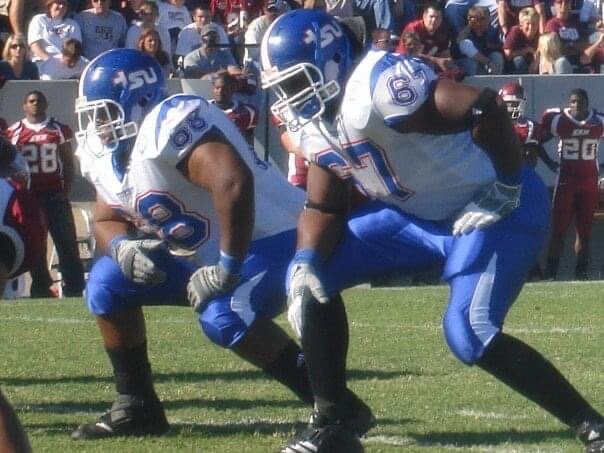One of the few things in this world that is constant today is the fact that everything is constantly changing. You can almost guarantee that within two years there will be some change in your immediate work environment. Some examples of these changes are: you have a new boss, your boss has a new boss, you changed assignments, your company was merged with another company, or your company has been downsized.
All of these changes make it a necessity to be able to quickly join up with new people in different organizational cultures. Because of all of this change, most organizations are not stable long enough to see any of the strategic long term plans come to fruition.
Since more change is going to be occurring in the future instead of less, we might as well figure out how to use it as a competitive advantage. If you are in the minority at your company, you need to develop some superb join up skills. You need to be willing to look people up, and meet with them when it may feel like they are avoiding you. You've heard the old saying, " you have to be twice as good to get half the pay". The saying is true in this case also.
Step One - What are the expectations?
The first thing to do is to get clear directions from your boss, on the expectations of this assignment. What is your role, and what are your responsibilities? Who will be working for you? Who will be supporting you, though not necessarily reporting to you, but is critical to your success? You and your boss should agree on what the goals are, how they will be measured, and on what timetable they will be delivered.
In a lot of cases your boss is real clear about the goals because his/her boss has been clear to them. It is called the trickle down effect, stuff flows down hill. What also happens is that you have been given an assignment that is almost impossible to succeed in. In other words you have been set up to fail. As you go through this join up process you will objectively put together a plan for success. Just remember that anything can be accomplished given enough time, money, and resources.
Step Two - Get Input
Once you are clear about your boss's expectations, then you need to find out what other peoples' expectations are of you. You also need to share with others the expectations of your boss as well as your personal expectations that you have of them. Examples of personal expectations are values that you live and die by. I will tell the truth. I will be open, and honest to you. If you see me doing something that is wrong in your opinion, let me know ASAP. I expect mutual respect. I need and expect feedback from you because I am not perfect.
What are the expectations that others have of you? Humble yourself, listen, and write them down. Ask for clarification only and do not pass judgement. Make sure that you can commit to and live up to all of their personal expectations. Those that you can not live up to, make sure that it is clear why you can't. Honesty is still the best policy.
When you share the business expectations/goals with people in your organization, determine a process to gather their input/feedback on how to meet these goals. Once you have collected all of this good information, then you can identify the critical few that will give you the biggest impact in moving you closer to your business goals. The beauty of this process is that all you have to do is take the ideas of your people and execute a few of them. By doing so, you will develop instant credibility as a good listener, and leader.
When talking to peers, and other key stakeholders (non-reports to you), in the organization it is sometimes better to have a one on one conversation. This allows you to have open dialogue, which should strengthen understanding and support from the individual. Some people are reluctant to share controversial ideas in an open forum. You have to use your own judgement based on the openness of the culture as to which format of getting information is the most effective, and efficient.
Step Three - What is the current state of your operation?
Now that you have gathered all of this input from the experts in your operation, you should have a good feel for the current state of the business. Since you now have the current state, and you have the expectations from your boss (future state), all you have to do now is close the gap. The gap is the difference between the current state and the future state.
Now you need to do a gap analysis. A gap analysis is a detailed action plan of individual tasks. Beside each task, list the resources, money, and the time required in completing the tasks. Once the analysis is complete, you will know what else you need to ask your boss for to ensure that you are successful, and that you meet all of the business goals. You now have a working plan that will change. A plan is something to consciously deviate from.
Even if your boss was trying to set you up for failure or create an impossible challenge, now you have a road map that you can use to intelligently ask for more resources. You can still choose the option of leaving the company, but you make the decision proactively versus reactively.
How do you define success?
For many, success is finding a career that offers the opportunity to express unique talents and abilities while attaining a fully integrated life. Career satisfaction comes when you are able to know yourself well enough to identify what will truly satisfy you in your life's work. In considering your personal career program you need to recognize your ambitions, challenge your expectations, and define success in terms of you.
Carl is the President/CEO of Sharpersons' Executive Leadership. As a management consultant with over 25 years of practical business experience, he helps individuals, and businesses achieve superior results in today's changing environment.










